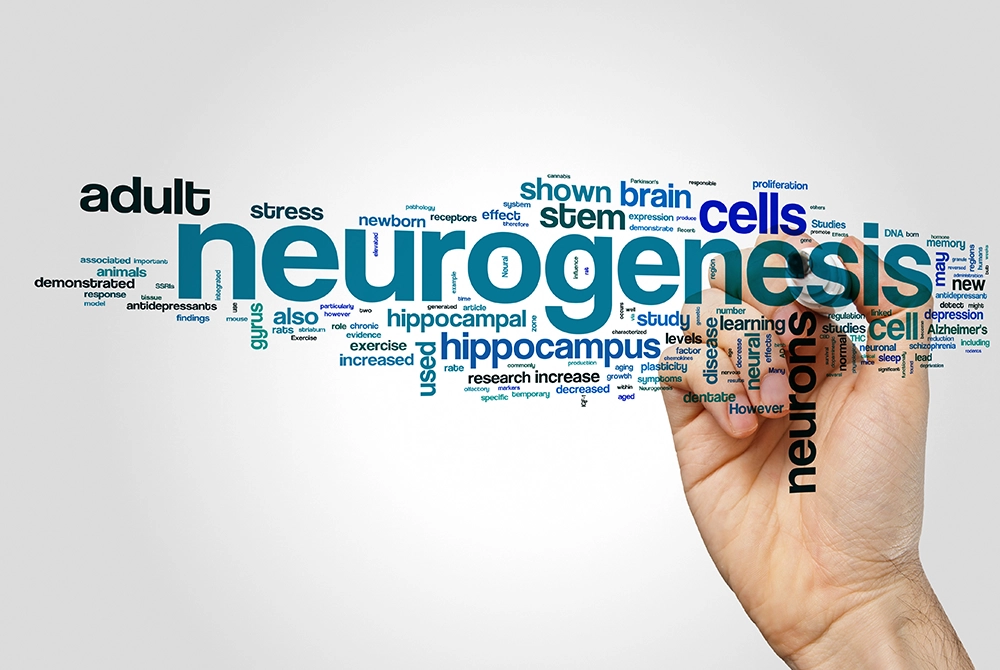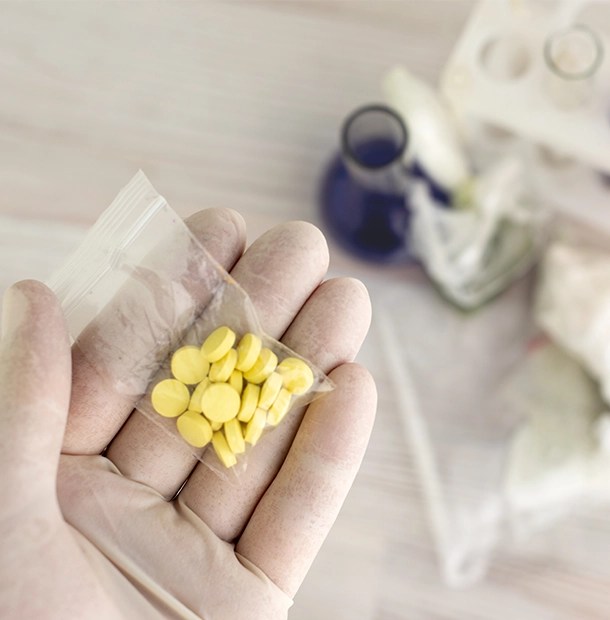Our Programs

Neurogenesis and Neuroplasticity: Foundations for Addiction Recovery
Neurogenesis and Neuroplasticity are important concepts to understanding rehabilitation from addiction. Without changes on the neurological level, returning to normal brain states from excessive substance use and abuse would be difficult to understand.

Neuroplasticity
Neuroplasticity is simply defined as the brains ability to change over time. The brain is made up of neurons, a type of specialized cell responsible for brain function hence the “neuro” part, and it is defined as a plastic-like material therefore “plasticity”. Neuroplasticity means the brain is capable of change, learning, unlearning, memorizing, forgetting, improving, decaying, etc. Making it malleable or subject to change over time.
In the context of Addiction Treatment, there is research that supports the ability of the brain to become reformed or rewired in a manner that is no longer set for substance seeking and substance using behaviour. Addiction Rehab Toronto approaches this change towards sobriety and recovery through a biopsychosocial manner. We focus on change on a biological, psychological, and social level to recreate life for our clients without the need for substance use and abuse.
Neurogenesis
Neurogenesis is best understood as the growth of neurons. “Genesis” is the root word of generate, therefore neurogenesis simply means the growth or generation of the brain matter or neurons. Within the scope of addiction treatment, neurogenesis can be understood as the growth of new neurons toward making new behaviours, habits, and attitudes that do not involve the use of psychoactive substances.
Psychoactive drug use tends to influence the parts of the brain associated with rewards, punishments, pleasure, and a sense of accomplishment. It hijacks or takes control of the natural systems that were developed in your life and redirects them towards substance seeking and substance using behaviours. Examples of natural systems would be helping others, completing a project, making new friends, learning a skill, developing a hobby etc. These acts would provide a sense of pleasure, accomplishment, basically rewarding you by improving and making you feel good. Psychoactive substances use these same neural pathways to make you feel pleasure, reward, accomplishment typically only by using your drug of choice.
Examples of Neurogenesis and Neuroplasticity
Alcohol or “ethanol”, is one of the most addictive substances, easily available and accessible, and has one of the strongest effects on how the brain’s reward system is designed. This substance is known to take over the central part of the brain that has to do with rewards, reward seeking, and pleasure. Alcohol rewires the brain to a point where it is common that someone suffering from alcohol abuse will only feel pleasure from consuming alcohol and nothing else. This rewiring of the brain is an example of neuroplasticity; how the brain can change when interacting with its environment and people within it. When alcohol use is removed through rehabilitation, the associated neurons related to alcohol use are also changed and even possibly removed. This can be a difficult and long process however.
An example of neurogenesis would be the effects of cocaine use and abuse on the brain. Scientists have identified that cocaine use actually promotes brain growth (neurogenesis). Basically, cocaine use influences your brain to grow but only towards cocaine-seeking and using behaviour! A positive example of neurogenesis would be learning a new skill or hobby in rehab and substituting an unhealthier behaviour, like substance use, with a healthier one with a chosen skill, hobby, and/or behaviour.
The effects of drug use tend to have serious changes on brain function. Most people are unaware of the consequences of substance use and end up heavily burdening their life and those around them. Addiction Rehab Toronto understands addiction is a complex issue and expresses compassion for those who struggle with drug use and abuse. We help by educating our clients and teaching them how addiction functions, allowing clients to build psychological skills and techniques against substance use behaviour.
For more information about our treatment programs, please call us at +1 (855) 787 – 2424.











